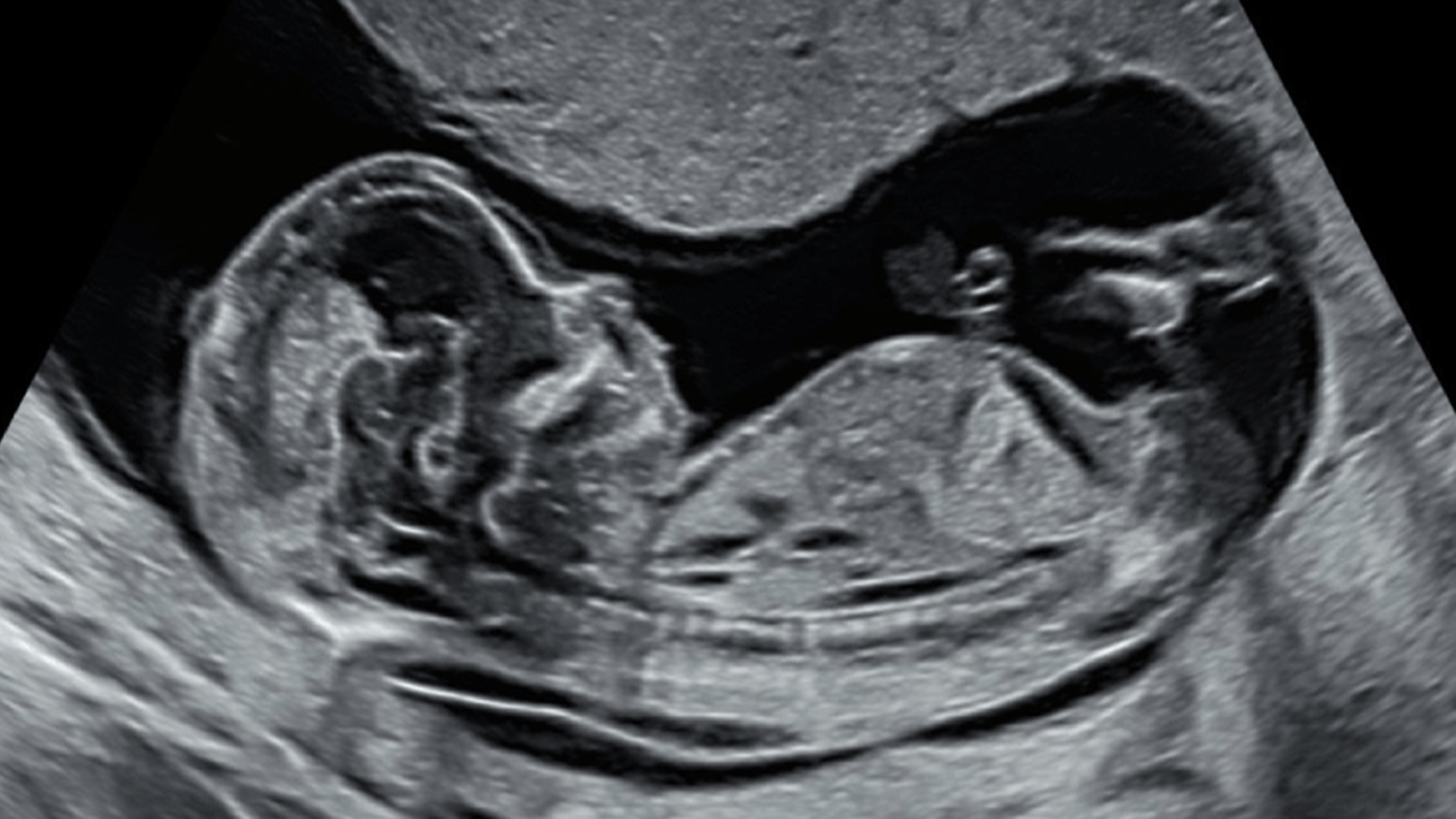
Nuchal Scan
A nuchal translucency (NT) scan is an optional scan performed in the first trimester of pregnancy. It helps determine your baby's risk of congenital conditions such as Down's syndrome. It's very accurate in detecting conditions when used in conjunction with other first trimester screening tests.
This scan is done between 11 weeks + 3 days and 13 weeks + 6 days. The scan is usually done transabdominally, but in a few cases it may be necessary to do it transvaginal. This is one of the most important scans during pregnancy and is recommended for all women.
Important information about your appointment:
The appointment duration is usually 1 hour in singleton pregnancies. You will need to arrive 30 minutes before your hormone blood test to measure free ß-hCG and PAPP-A.
Ultrasound images and the electronically signed report will be stored in a special memory stick which will be given to you with no extra charge.
Frequently Asked Questions About Nuchal Scan
Please see the full list of all our prices in the Treatment Fees section.
This scan is done between 11 weeks + 3 days and 13 weeks + 6 days. The scan is usually done transabdominally, but in a few cases it may be necessary to do it transvaginal. This is one of the most important scans during pregnancy and is recommended for all women.
● To date your pregnancy accurately: This is particularly important for women who cannot remember the date of their last period, who have irregular cycles, or who have conceived while breastfeeding or shortly after stopping the pill. We measure the size of the fetus and calculate the expected date of delivery.
● Diagnosis of multiple pregnancy: About 2% of natural pregnancies and 10% of assisted pregnancies result in multiple pregnancies. An ultrasound scan can show whether both babies are developing normally and whether the babies share the same placenta, which can lead to problems in the pregnancy. In such cases, it would be advisable to monitor the pregnancy more closely.
● To diagnose major fetal abnormalities: Some major abnormalities may be visible at this stage of pregnancy. However, it is still necessary to have an abnormality scan at 20 weeks.
● To diagnose early miscarriage: Unfortunately, in 2% of women who have a nuchal scan, the fetus is found to have died, often several weeks before and without any warning. Couples are given full counselling about the possible causes of this problem and the options for what to do next.
● To assess the likelihood of Down's syndrome and other chromosomal conditions
The conditions that the nuchal scan checks for are Down's syndrome, Edwards' syndrome and Patau's syndrome. This is calculated by considering the mother's age, measurement of the fetal heart rate, measurement of two hormones in the mother's blood (free ß-hCG and PAPP-A) and scan findings of nuchal translucency thickness (measurement of the fluid behind the baby's neck), nasal bone, blood flow through the fetal heart and ductus venosus and fetal abnormalities. Our nuchal scan has a sensitivity of 95% for detecting Down's syndrome and is more extensive. Parents are fully counseled on the significance of these odds and the options for further investigation, including invasive testing or NIPT.
If your nuchal scan shows an increased risk, we will give you recommendations for further screening or invasive tests such as CVS or amniocentesis.
If your nuchal scan screening results in a low probability of detection, then the next scan that is recommended is the anomaly scan.
Which treatment plan is best for you?
- Pretreatment & consent consultation
- Stimulation of ovaries to develop multiple follicles
- Monitoring ultrasound scans during stimulation
- Egg collection and, sedation for egg collection
- Sperm preparation and fertilization of eggs (ICSI)
- Embryo culture to day 5
- Progesterone test just before embryo transfer
- Fresh embryo transfer
- Freezing and storage of the remaining embryos (if appropriate)
- Review consultation
- Medication
- Transportation
- Hotel accommodation
- Pretreatment & consent consultation
- Stimulation of ovaries to develop multiple follicles
- Monitoring ultrasound scans during stimulation
- Egg collection and, sedation for egg collection
- Sperm preparation and fertilization of eggs (ICSI)
- Embryo culture to day 5
- Progesterone test just before embryo transfer
- Fresh embryo transfer
- Freezing and storage of the remaining embryos (if appropriate)
- Review consultation
- Medication
- Transportation
- Hotel accommodation
- Pretreatment & consent consultation
- Stimulation of ovaries to develop multiple follicles
- Monitoring ultrasound scans during stimulation
- Egg collection and, sedation for egg collection
- Sperm preparation and fertilization of eggs (ICSI)
- Embryo culture to day 5
- Progesterone test just before embryo transfer
- Fresh embryo transfer
- Freezing and storage of the remaining embryos (if appropriate)
- Review consultation
- Medication
- Transportation
- Hotel accommodation
